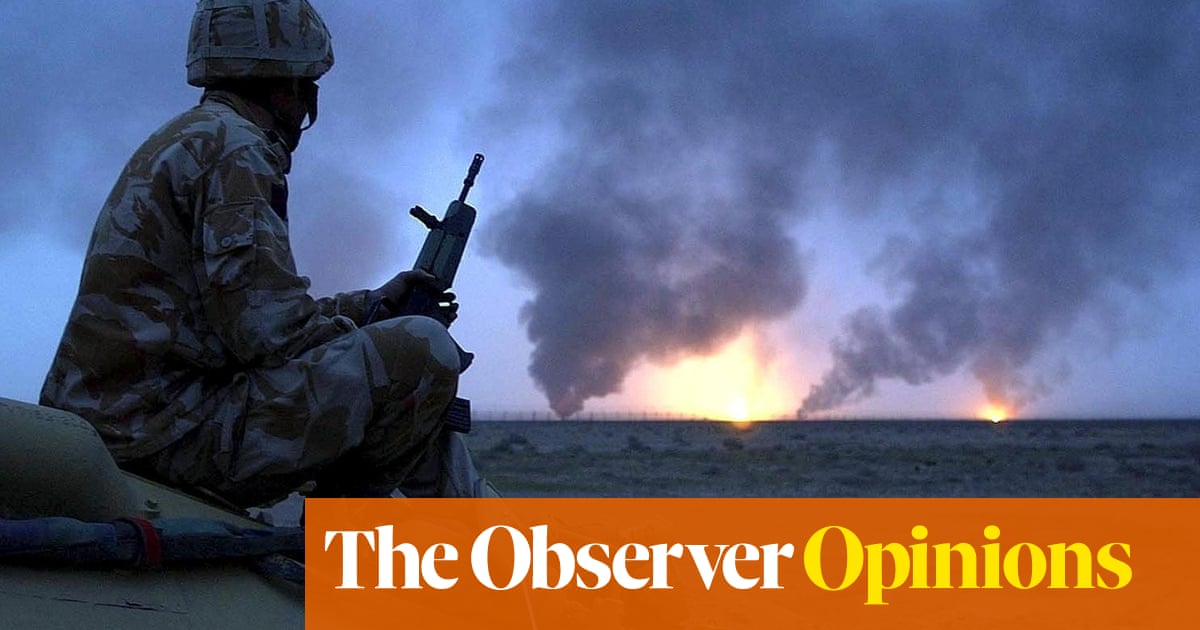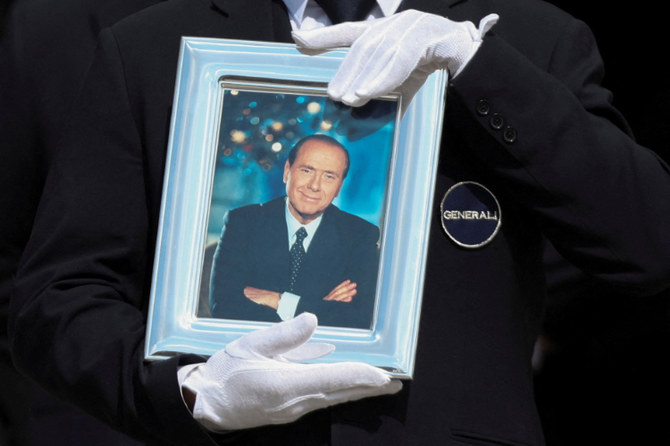
Beware the journalistic use of the word “we”. It’s a slippery pronoun that can slide from meaning “we, the whole of humanity” to “we, the author and some like-minded friends” to “we, an ill-defined mass who uphold an imaginary consensus that the author wishes bravely to oppose”.
It’s out in force in the persistent and evidence-free claims that “woke wars”, as the Daily Telegraph’s Sherelle Jacobs put it last week, have gravely undermined “our” ability to confront the evils of Vladimir Putin. In the cold war, she claims, conflict with the Soviet Union was “confidently framed” as one between “the enlightened forces of liberty and the darkness of communism”. Now, “we” are tearing ourselves apart with “squabbles over statues and gender pronouns”.
There are so many holes in this argument that it’s hard to know where to start. With the fact that what she calls “squabbles” might also be called free speech and the wish to defend minorities? Or that the cold war coincided with a much-squabbled-over expansion of rights for those same minorities, which rightwing commentators of the time, had the term existed, would assuredly have called “woke”? Or that tirades like hers oddly echo those of Putin himself against Russian “traitors” and western “cancel culture”? Or that the complicity of British conservative elites with oligarchic wealth might possibly be a more relevant issue vis-a-vis the Ukraine war than statue-toppling?
If she really wants “us” to support Ukraine with a united home front, perhaps she can start by questioning her own newspaper, which claimed that the south London suburb of Tulse Hill was in danger of being “cancelled”, simply because the council had launched a consultation as to whether residents of the borough were troubled by the associations with slavery of local placenames.
There’s a kind of hush
A well-known feature of lockdown, especially in big cities, was its quiet: almost no traffic noise, just the unchallenged and increasingly grating chimes of ice-cream vans. Now that things are roughly back to normal, busy roads resemble their former selves, but with the volume turned down.
Enough cars, vans and buses are hybrid or electric that the pre-Covid roar has become a hum.
They also make for cleaner air.
Since town planning and property markets have been based for decades on the assumption that big roads are noxious, the effects could be profound: blasted thoroughfares are now potential boulevards, their wide margins ripe for pavement cafes, and homes huddled against the traffic will now be liberated, their views on to the wide-open spaces of urban motorways transformed into assets. This is an almost utopian prospect. There will still be ice-cream vans, though.
Parks and re-creation
This electric hush will mitigate, if not entirely vindicate, the works of Robert Moses, the man who, from the 1920s to the 1960s, wielded extraordinary power over the fabric of New York City. With the mild-sounding title of parks commissioner, he razed neighbourhoods to construct expressways, threw bridges over the city’s rivers and built vast housing projects. That he is the subject of a new play, Straight Line Crazy, written by David Hare and starring Ralph Fiennes, makes one wonder why such a dramatisation took so long. And where is the Hollywood movie? Perhaps the pitch “this is a film about a town planner” doesn’t play well in an elevator.












